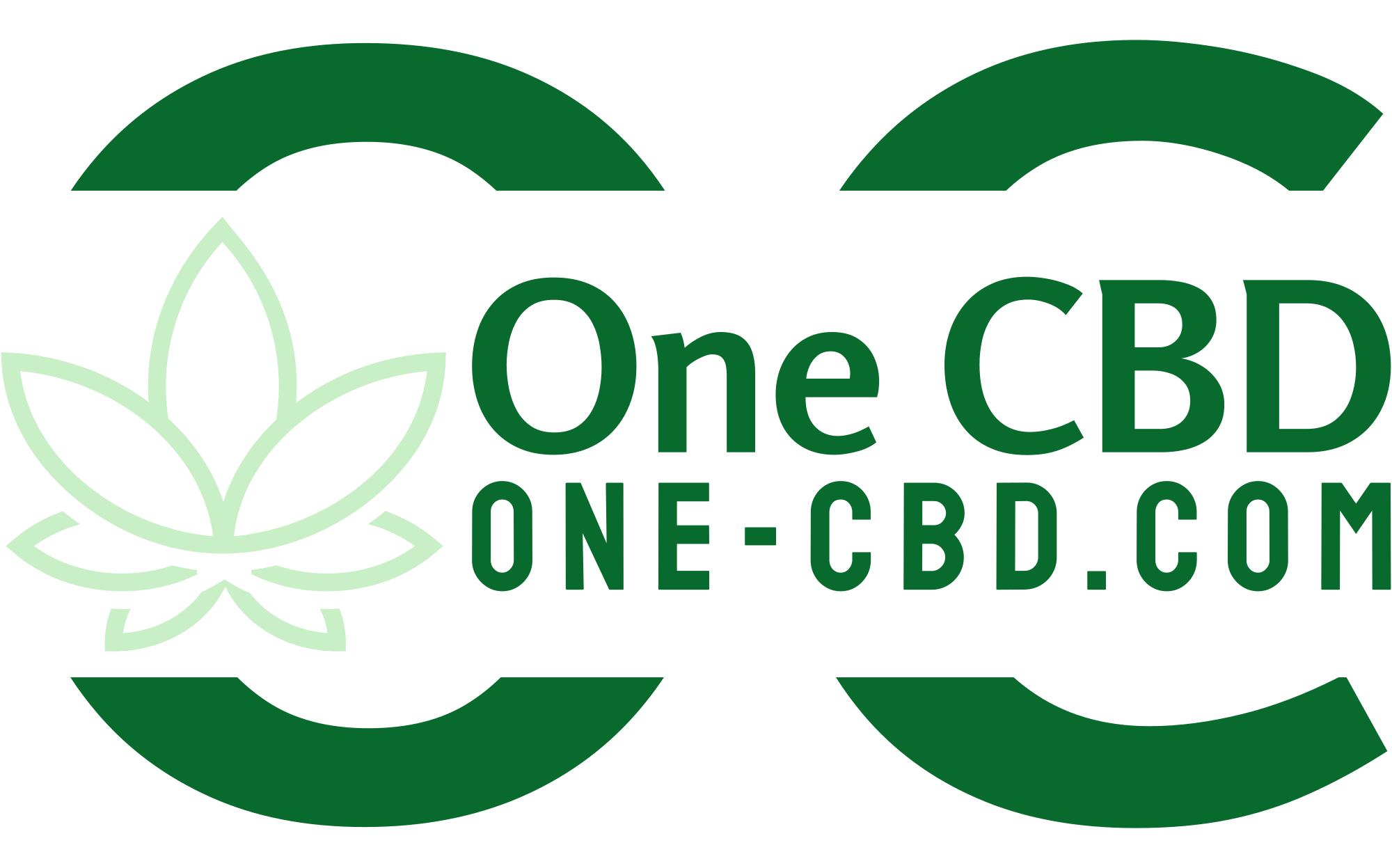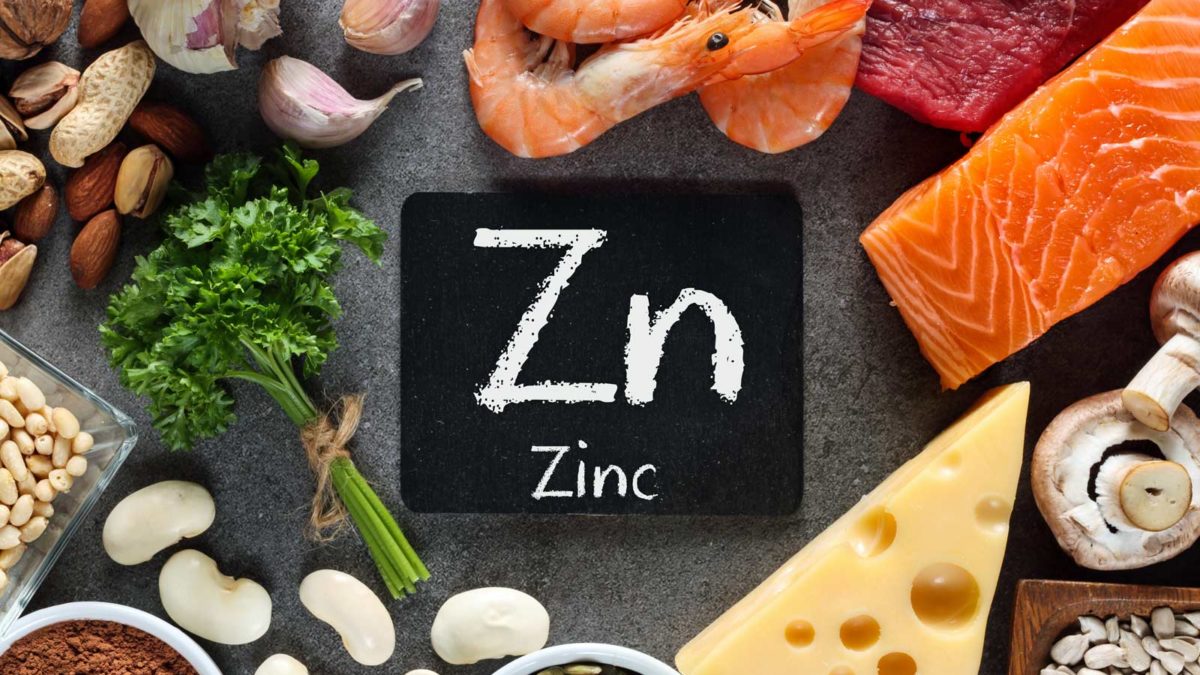Zinc, often referred to as the “gatekeeper of the immune system,” is a crucial mineral that plays a fundamental role in maintaining overall health. It is involved in numerous biochemical processes within the body, and its importance cannot be overstated. Zinc is an essential nutrient that supports various functions, from immune system regulation to wound healing and DNA synthesis. In this comprehensive guide, we will explore the multitude of benefits that zinc offers, its dietary sources, recommended daily intake, and potential side effects.
What is Zinc
Before we dive into the myriad benefits of zinc, it is essential to understand what zinc is and its significance in the body. Zinc is a trace mineral, meaning the body requires it in small amounts but cannot function properly without it. It is involved in various physiological processes, including enzyme function, immune system support, and DNA synthesis. Zinc is present in every cell, tissue, and organ in the body, highlighting its importance for overall health.
Benefits of Zinc
Immune System Support
Zinc is renowned for its role in supporting the immune system. It is involved in the development and functioning of immune cells and is crucial for the body’s defense against infections. Zinc supplements, especially when taken at the onset of a cold, have been shown to reduce the duration and severity of cold symptoms. Moreover, zinc deficiency can impair immune function, making individuals more susceptible to infections.
Wound Healing
Zinc plays a vital role in wound healing. It is essential for collagen formation, a protein that serves as the building block for skin, tendons, and blood vessels. Zinc’s ability to promote tissue repair makes it indispensable for recovering from injuries and surgeries.
Skin Health
Zinc has been used for its therapeutic properties in various skin conditions, such as acne and eczema. It has anti-inflammatory and antimicrobial properties that can help alleviate skin irritations and promote clearer, healthier skin.
DNA Synthesis
Zinc is necessary for DNA synthesis, cell division, and growth. It is a key component of enzymes that repair and maintain DNA, ensuring the genetic material is replicated accurately during cell division.
Cognitive Function
Emerging research suggests that zinc may have a role in cognitive function and preventing cognitive decline. Adequate zinc levels are essential for neurotransmitter function, which is crucial for memory and learning. Some studies indicate that zinc supplementation may help slow the progression of neurodegenerative diseases like Alzheimer’s.
Reproductive Health
Zinc is important for both male and female reproductive health. In men, zinc is critical for the production of healthy sperm and normal testosterone levels. In women, it supports various aspects of the reproductive process, including oocyte maturation and fertilization.
Taste and Smell
Zinc is necessary for the proper function of taste and smell receptors. A deficiency in zinc can lead to a diminished sense of taste and smell, affecting appetite and overall quality of life.
Antioxidant Defense
Zinc plays a role in antioxidant defense by supporting the activity of enzymes that protect cells from oxidative damage. This antioxidant function can help reduce the risk of chronic diseases and slow down the aging process.
Gut Health
Zinc is involved in maintaining the integrity of the gut lining. It supports the repair of damaged intestinal mucosa and contributes to overall gut health. Zinc supplements may be beneficial for individuals with gastrointestinal conditions like leaky gut syndrome.
Macular Degeneration
Zinc has been studied for its potential role in age-related macular degeneration (AMD), a leading cause of vision loss in older adults. Some research suggests that zinc supplements, when combined with other antioxidants, may slow the progression of AMD.
Dietary Sources of Zinc
Obtaining sufficient zinc through your diet is essential for reaping its benefits. Here are some common dietary sources of zinc:
Meat and Poultry
Meat, especially red meat, and poultry are excellent sources of zinc. Beef, pork, and chicken contain high levels of this essential mineral.
Seafood
Seafood, such as oysters, crab, lobster, and shrimp, is particularly rich in zinc. Oysters, in particular, have one of the highest zinc concentrations among all foods.
Dairy Products
Dairy foods like milk, cheese, and yogurt provide a significant amount of zinc. Opt for low-fat or fat-free options to minimize saturated fat intake.
Legumes
Legumes, including beans, lentils, and chickpeas, are good plant-based sources of zinc. They are also high in fiber and protein, making them a healthy addition to your diet.
Nuts and Seeds
Nuts and seeds, such as almonds, cashews, and pumpkin seeds, contain zinc. They also offer other health benefits, including healthy fats and antioxidants.
Whole Grains
Whole grains, such as wheat, rice, and oats, provide zinc, although the zinc content is lower compared to other food groups.
Eggs
Eggs are a source of zinc, and they are a versatile ingredient that can be incorporated into various dishes.
Dark Chocolate
Dark chocolate, in moderation, can contribute to your zinc intake. Look for varieties with a high cocoa content for the most significant zinc content.
Recommended Daily Intake
The recommended daily intake of zinc varies based on age, gender, and life stage. In general, adult men should aim for around 11 milligrams (mg) of zinc per day, while adult women should target 8 mg per day. Pregnant and breastfeeding women may require slightly higher amounts.
It’s important to note that individual needs can vary based on factors such as physical activity, overall diet, and specific health conditions. Consulting a healthcare professional or registered dietitian can provide personalized guidance on zinc intake.
Potential Side Effects and Precautions
While zinc is generally safe when consumed through dietary sources, excessive zinc intake from supplements can lead to adverse effects, such as digestive discomfort and reduced absorption of other essential minerals like copper. Therefore, it’s essential to be cautious when using zinc supplements and follow recommended dosages. Additionally:
Medication Interactions
Zinc supplements can interact with certain medications, such as antibiotics and diuretics. Consult your healthcare provider to assess potential interactions if you are taking these medications.
Zinc Toxicity
Excessive zinc intake can lead to zinc toxicity, which may cause symptoms such as nausea, vomiting, diarrhea, and impaired immune function. Avoid high-dose zinc supplements unless recommended by a healthcare professional.
Hemochromatosis
Individuals with hemochromatosis, a genetic disorder leading to iron overload, should be cautious about zinc supplementation, as it can exacerbate the condition.
Balanced Intake
Balancing zinc intake with other essential minerals, particularly copper, is crucial. Excessive zinc intake can lead to copper deficiency, which can have adverse health effects. Consuming a diverse and balanced diet is the best approach to achieving this balance.
Conclusion
In conclusion, zinc is an essential mineral with a wide range of benefits for overall health and well-being. From supporting the immune system and wound healing to cognitive function and reproductive health, zinc is a fundamental component of various physiological processes. Ensuring that you obtain adequate zinc through a balanced diet, rich in zinc-rich foods like meat, seafood, and legumes, is crucial for harnessing its numerous advantages. While zinc supplementation can be beneficial in certain cases, it should be approached with caution and under the guidance of a healthcare professional to prevent potential side effects. As with any aspect of nutrition and health, a holistic and individualized approach is key to maximizing the benefits of zinc while minimizing any risks.
- The Comprehensive Guide to CBD Healthy Apple Pie Oatmeal Cookies - October 27, 2023
- The Comprehensive Guide to the Benefits of Vitamin C - October 27, 2023
- The Comprehensive Guide to the Benefits of Zinc - October 27, 2023

